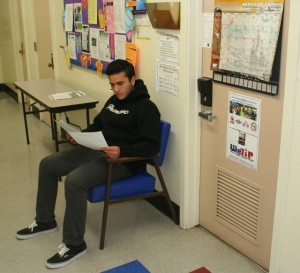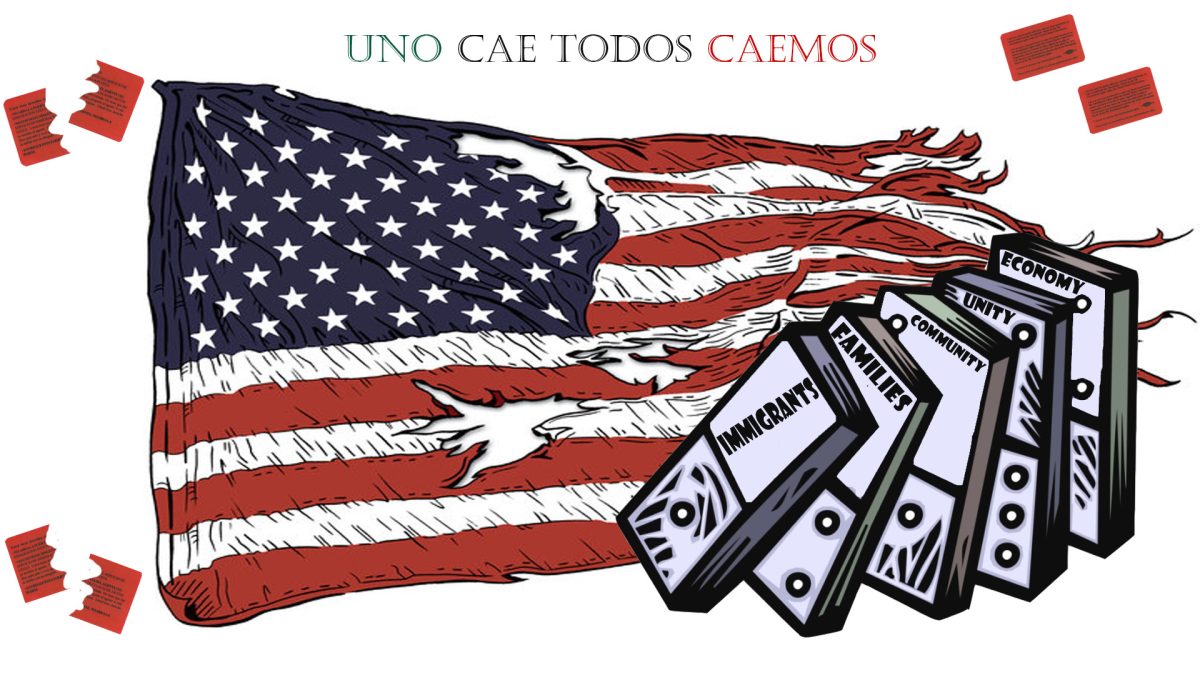Advanced Placement (AP) classes are a well-known source of stress and hard work among many diligent high school students. However, while these classes may require deeper level thinking in comparison to regular classes, many question how relevant they are for a student’s future.
AP classes and tests are administered by The College Board, the same organization that manages the infamous SAT. These courses are supposed to simulate the difficult academic experience encountered in college.
High school students can also earn college credit for the class. Nonetheless, the credit they will earn depends on the college they plan on attending.
Millions of high school students enroll in the courses that are available in 39 different subjects.
However, Daniel Pearl Magnet High School (DPMHS) only offers five AP classes: U.S. History, World History, English Language, English Literature and Calculus — and one that is usually switched off every other year, Biology.
However, there is much controversy regarding whether or not the classes are actually beneficial to students’ futures.

Some conflict is due to the profound level of teaching, a level that is not what students are used to experiencing. Students are used to being praised for their hard work and being given the high grade for an assignment.
In AP classes it’s a whole different story.
There is no such thing as praising. In fact, teachers don’t expect students to grasp the material with such ease. It takes several tries to mold the student to excel. The grading scale and class credit are also dissimilar to a normal class.
Honors classes do give your GPA a boost, but AP’s count as one point higher. For example, instead of an A being worth four points, it is worth five, a B worth four and a C worth three.
Since students are in this academic culture of doing work and studying with success at the reach of their hands, AP’s make it frustrating even for the brightest student.
The classes take on a huge part of students’ high school career as they help them get college credit and aid them in getting into top colleges. In many public colleges and universities, a passing grade on an AP test will be a boost to your general education or other specific requirements.
Nonetheless, some simply acknowledge the efforts of taking AP classes and offer only elective credit for the courses. This is the case in many private institutions.
In addition, credit will only be offered for passing scores of three and above. In many colleges, though, a score of four is the minimum to be considered credit-bearing.
We now come across the other side of the spectrum, monetary issues.
The high school class is free and optional, but the exams come at a cost going $89 each, with the option of taking three raising it up to $267.
Due to the rigorous environment of the classes, studying and doing all the assigned work is not just for a grade in the class, but as training for AP exams that take place in May.
There is no time for slacking off, it will not help students get anywhere in the class.







